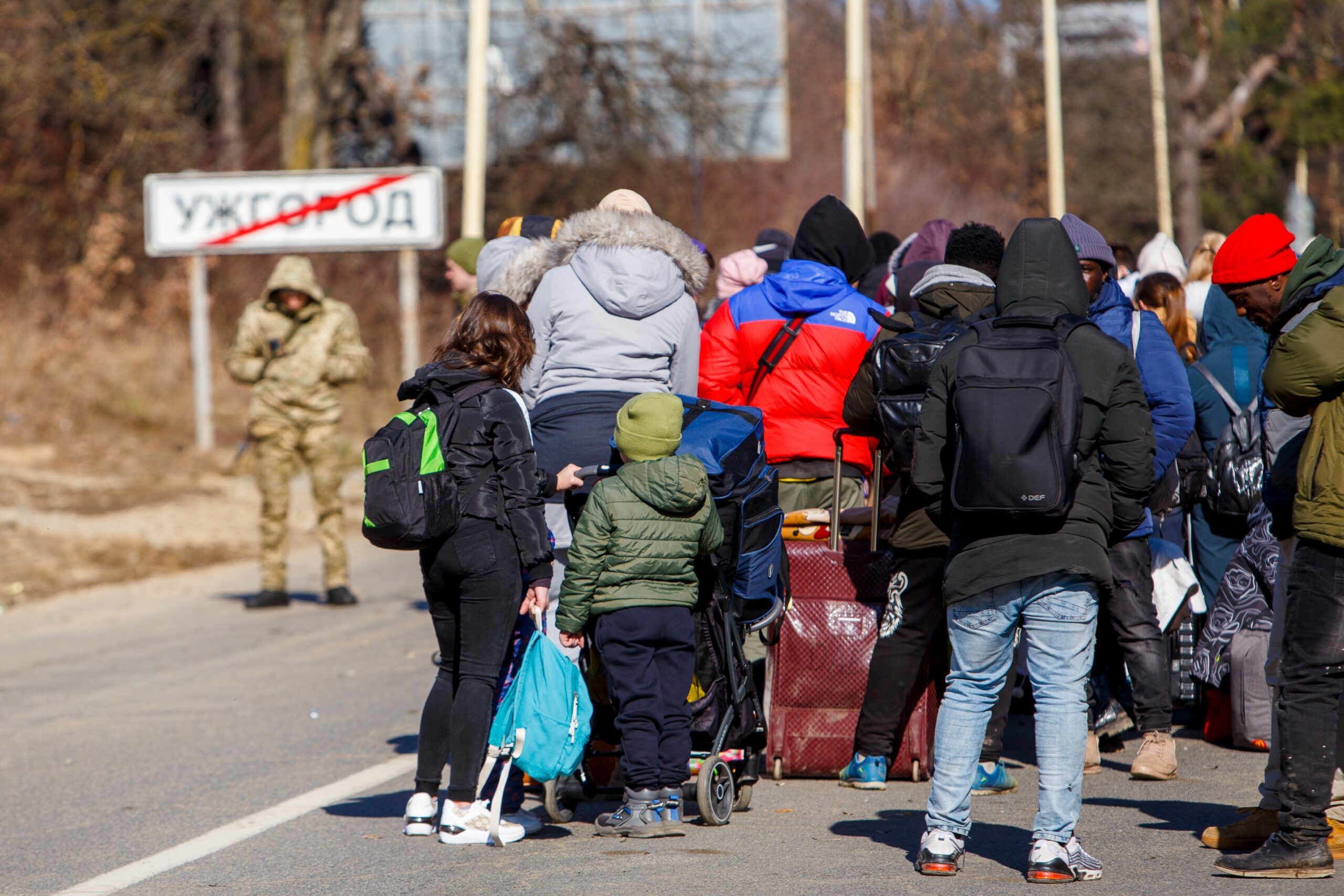The Government of the Republic of Serbia extended the duration of temporary protection for refugees from Ukraine for an additional year. The Government concluded that the reasons for temporary protection still exist, as a result of which it is extended for another year, until 18 March 2024. This decision is in line with the approach of the European Union in managing the situation of mass influx of people caused by the international armed conflict in Ukraine.
The decisions are based on the Law on Asylum and Temporary Protection, which stipulates that temporary protection will be granted to persons who were forced to leave their country of origin or habitual residence and who cannot return to permanent and safe living conditions due to the prevailing situation in that country. The temporary protection mechanism was first activated in Serbia on 17 March 2022.
Based on the Decision of the Government of Serbia, the Asylum Office issued 1,214 decisions approving temporary protection in the period from its entry into force until 1 March 2023. A total of 1,229 people applied for approval of temporary protection, of which 836 were women and 393 were men, including 304 children. There were no unaccompanied children among the persons who requested temporary protection.
According to the Government Decision, temporary protection can be granted, in addition to citizens of Ukraine, to foreigners who had a regular stay in Ukraine. The largest number of persons granted temporary protection are citizens of Ukraine (1,166), but the Asylum Office also accepted requests for this type of protection from citizens of Russia (28), Uzbekistan (6), Armenia (5), Libya (3), China (2), and Belarus, Bosnia and Herzegovina, Georgia and Latvia (1 each). Persons granted temporary protection are guaranteed by the Law access to a whole range of economic and social rights – the right to residence, personal documents, the right to education, but also access to the labor market and health care in accordance with the regulations governing the rights of foreigners.

